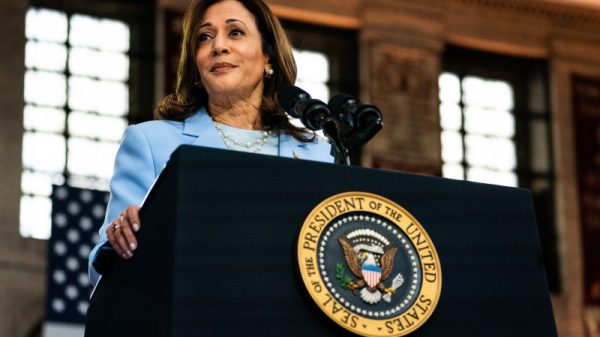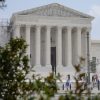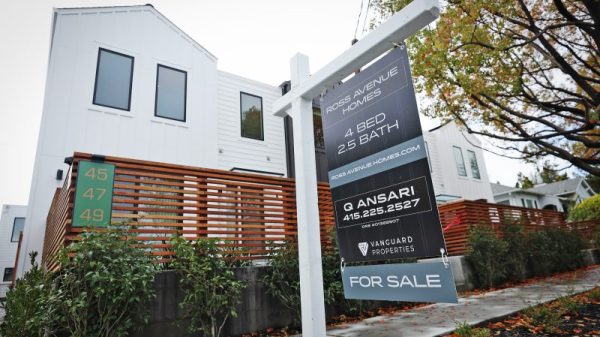Charles Franklin, director of the Marquette Law School Poll, recently made a point on social media worth remembering as we consider evaluations of the Supreme Court and politics more broadly: A lot of Americans don’t actually know enough to have informed opinions on the subjects.
This is not a generous assessment of the body politic, certainly, and it’s important to recognize that most Americans are aware of the basic elements of governance. But lingering at the edges — or, often, in the middle — is this gap.
Franklin was responding specifically to the Supreme Court, given that Marquette conducts polling focused on the court every two months.
“It is important in reporting or messaging to know 30% think there is a Dem appointed majority,” Franklin wrote, sharing a graph to that effect. Since 2019 or so, when Marquette’s data begin, about 3 in 10 Americans say they think that Democratic presidents definitely or probably appointed most of the members of the court.
That is not the reality. In fact, it has not been the reality for decades.
So how does someone assume that most justices were appointed by Democrats? Perhaps in part because they conflate ideology with the party of the appointing president, which isn’t always a flawless guide. And certainly in part because of how they view the court’s actions.
What Franklin didn’t detail is the divide in perceptions by party. It has consistently been the case that Marquette’s polling has found that Republicans (and independents who tend to vote Republican) have been more likely to believe that the court is made up mostly of Democratic appointees. That’s particularly true in the more recent polling.
In October, I looked at a similar question: How familiar were Americans with their elected representatives? That analysis, based on the 2020 Cooperative Election Study, found that 9 in 10 Democrats and Republicans knew the party of their state’s governor and 8 in 10 knew the party of their representatives and senators. About three-quarters of partisans correctly identified majority control in the House and Senate.
Among independents, though, the numbers were substantially lower. This is not uncommon; self-identified independents tend to say they pay less attention to politics and, as a result, might be expected to be less familiar with how power is distributed.
Interestingly, that’s not the case in Marquette’s polling about the Supreme Court. Independents and Republicans are equally likely to say that a majority of the court was definitely or probably appointed by Democratic presidents.
Regardless, Franklin’s point is worth remembering. When people are asked to opine on a political subject, some portion of those who respond may misunderstand some fundamental aspect of the question. It’s not that the results are invalid or otherwise unrepresentative; it’s more that there’s a hard-to-measure margin of error that overlays everything.
Nor is this without consequence. On any given Election Day, after all, some chunk of the electorate is misinformed about who and what is on the ballot. But, then, it almost certainly always has been.





























